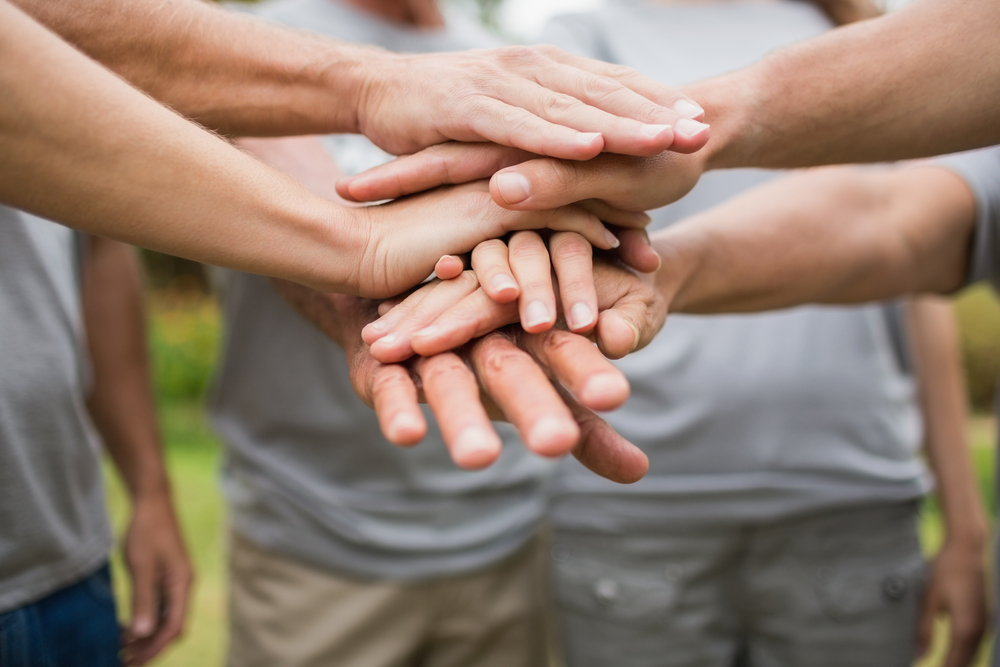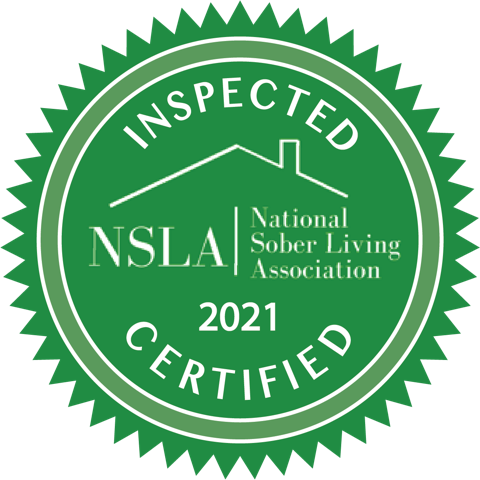If stress and depression are contributing factors to drug addiction, it stands to reason that stress reduction and positive energy are vital factors in recovery. Adequate self-care is an important aspect of the formula—but, surprisingly to many, so is serving others. Here’s why you should start volunteering after treatment.
Why Volunteering Is Good for You
Helping others in ways that fit yourunique giftsis a tremendous boost to self-esteem, personal fulfillment and keeping your thoughts away from drugs. Volunteering for a cause is an ideal starting point, because:
- It brings the satisfaction of doing something to make the world a better place.
- It provides opportunities to make new friends.
- It allows you to learn new skills—and improve existing ones—for increased self-confidence. You also gain work experience that can make you more employable and otherwise aid in achieving vocational goals.
- It often includes responsibilities that keep you active and fit.
- It’s usually easier than with a paying job to find options in your specific areas of interest. You often receive more appreciation as well: while paying employers are all too familiar with workers being in it for the money, volunteer supervisors know that their workers genuinely want to be on the job.
Official studies have consistently confirmed a strong correlation between regular volunteer work and staying away from drugs. Volunteering deserves a role in your long-term treatment and relapse prevention.
How to Start Volunteering After Treatment
All that said, it does take some planning to get the most from (and give the most to) volunteering, especially in the vulnerable months after treatment. If you want to do it right and not let volunteering become asource of stress:
- Be proactive: contact local organizations you admire and ask about their volunteer needs. Don’t just wait for an opportunity to show up.
- Pick a program you connect to personally, not only in shared mission but in working atmosphere and coworker compatibility.
- Be realistic about how many hours you can give. Consider your responsibilities to your profession, family and ongoing recovery support programs as well as to your own needs for personal time and rest. Remember to factor in transportation needs and the time(s) of day you’re personally at your best.
- Once you’ve made a commitment, stick with it!
- When someone compliments you on a job well done, exercise your self-confidence by thanking them without protesting about whatever you didn’t get perfect.
- Enjoy yourself! Volunteer work can be the best fun you’ve ever had.
A Place for Getting Life Back Together
Wherever your energy is directed, getting too busy immediately after rehab is too often a formula for exhaustion, stress and ultimately relapse. If you need a long post-detox break—and especially if you’ve tried addiction treatment before without lasting results—you’re welcome at our Still Waters community, where you can get ongoing support, make new friends and learn healthier approaches to balancing work, volunteering and self-care. Contact us today to learn more.





